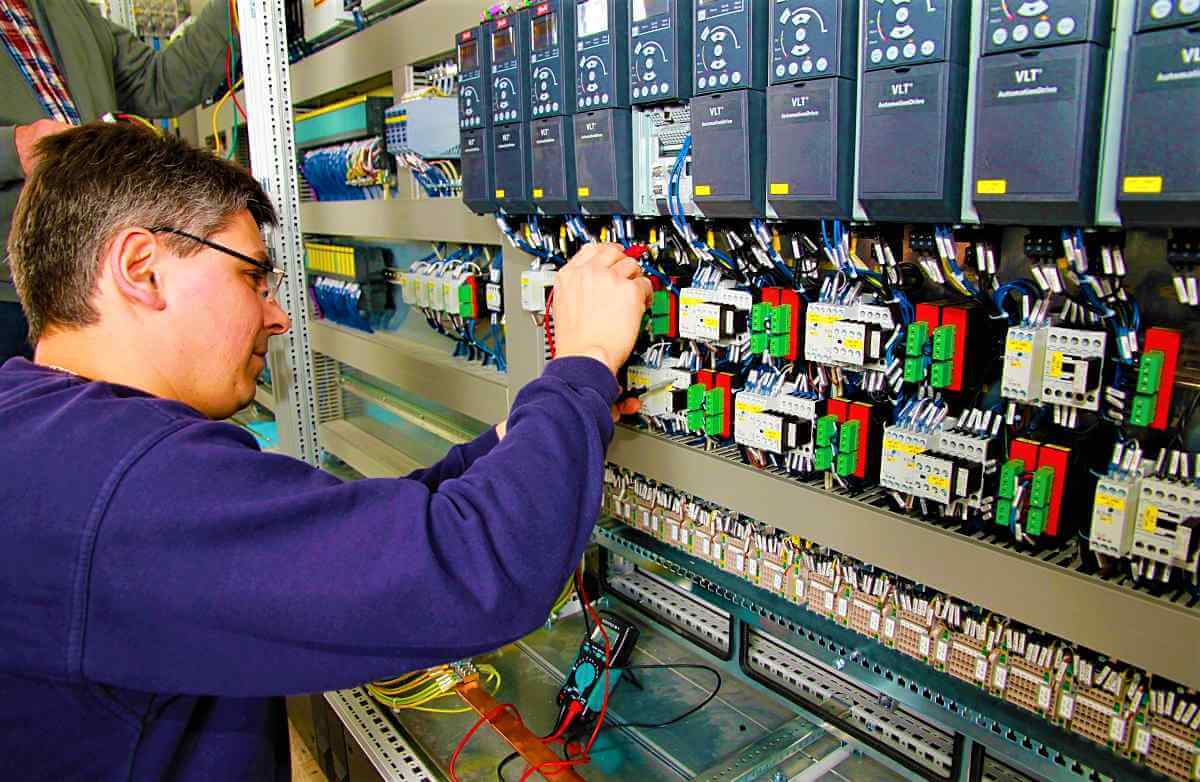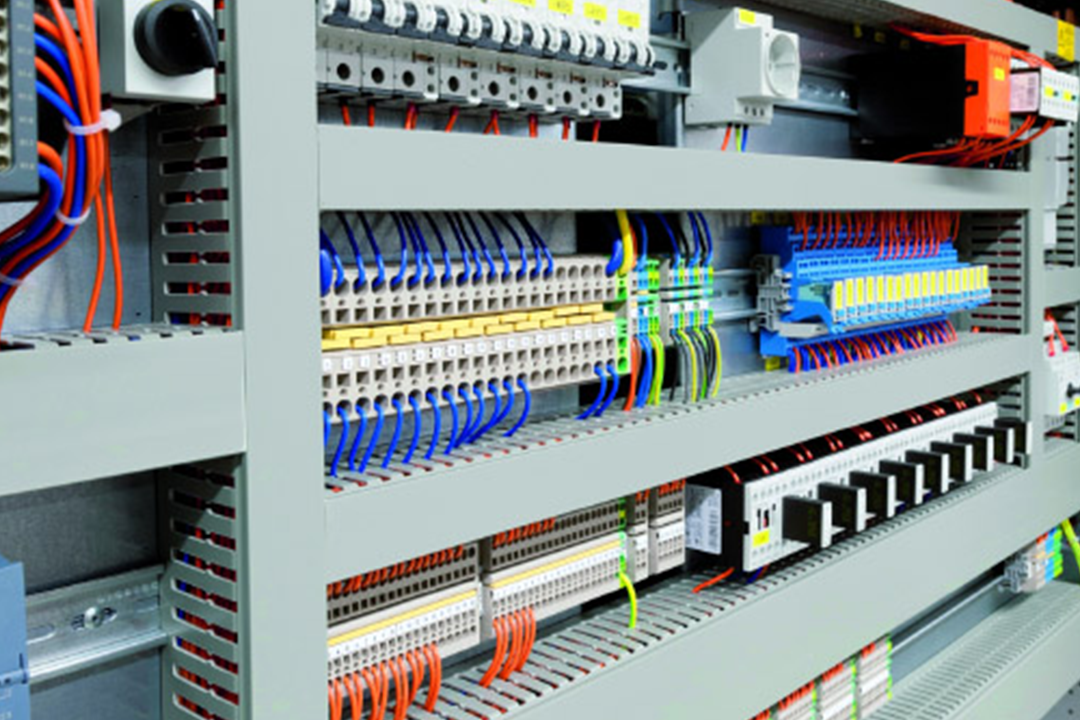Millions of people around the world hold the title of an instrumentation designer. In fact, this career might just be the perfect match for you and your interests.
With that being said, not many people fully understand what this job entails, what experience and education are needed in order to become an instrumentation designer, or how to apply for one of these jobs.
If you are one of these people, you have come to the right place – in this article, we will be discussing everything that you need to know about this career and how you can get into it.

What Is An Instrumentation Designer?
In order to know whether or not this job is right for you, there are a few essential details and factors that you will need to consider.
These factors include the duties or responsibilities that instrumentation designers have, how much these people earn, and what experience or education is required in order to be accepted into a position.
Duties
An instrumentation designer can have various duties or responsibilities, depending on which industry they work in.
For example, if one of these designers work in the oil and gas industry, their duty would be to focus on which instruments and tools are required to complete a certain task, such as drilling into the ground.
There are various industries in which an instrumentation designer can work, including oil refineries, marine science facilities, water management plants, and nuclear energy plants.
If you are considering getting into this career, you will first need to decide which sector you will want to work in, as this will determine what your responsibilities and duties are.
Average Pay
The average salary of an instrumentation designer lies between $55 000 and $59 000 per year.
However, the more experienced and hands-on workers may even earn up to $85 000 annually.
Experience And Education Needed
As we have already mentioned, there are plenty of careers for instrumentation designers in various industries. The qualifications, experience, and education needed by the worker will depend on which industry they work in.
For example, if you apply for a job as an instrumentation designer at an oil and gas refinery, you will need a Bachelor’s degree and some form of on-site working experience. More so, you need to have very good communication and problem-solving skills.
How To Apply For A Job As An Instrumentation Designer
If you are interested in becoming an instrumentation designer, there are plenty of job and career opportunities for you to look into. Websites such as ZipRecruiter will provide you with a list of job openings.
All you have to do is choose which option will suit you best, fill out the necessary forms, and submit your application.
Tips For Applying
It is important to note that there are many people worldwide applying for the same job as you. With that being said, you should find ways in order to make your application and resume stand out. You can do this by completing various additional courses, such as problem-solving or communication workshops.
As we have already mentioned, the more working experience that you have, the more likely you are to be accepted for a position. With this in mind, you should look for internships or learnership opportunities to make your resume undeniable.

Summary
An instrumentation designer is involved in creating, manufacturing, and developing various instruments for various projects. For example, if an instrumentation designer works at an oil and gas refinery, they would be responsible for making tools and equipment that would help to complete tasks such as drilling into the ground.
The average pay of an instrumentation designer is between $55 000 and $59 000 per year. Most designers will need a Bachelor’s degree and hands-on working experience.
There are multiple companies and websites that you can use in order to search for instrumentation designer job opportunities.
You will need to ensure that your resume stands out if you want to be accepted for a position. You can do this by completing various workshops or by part-taking in internship or learnership programs.